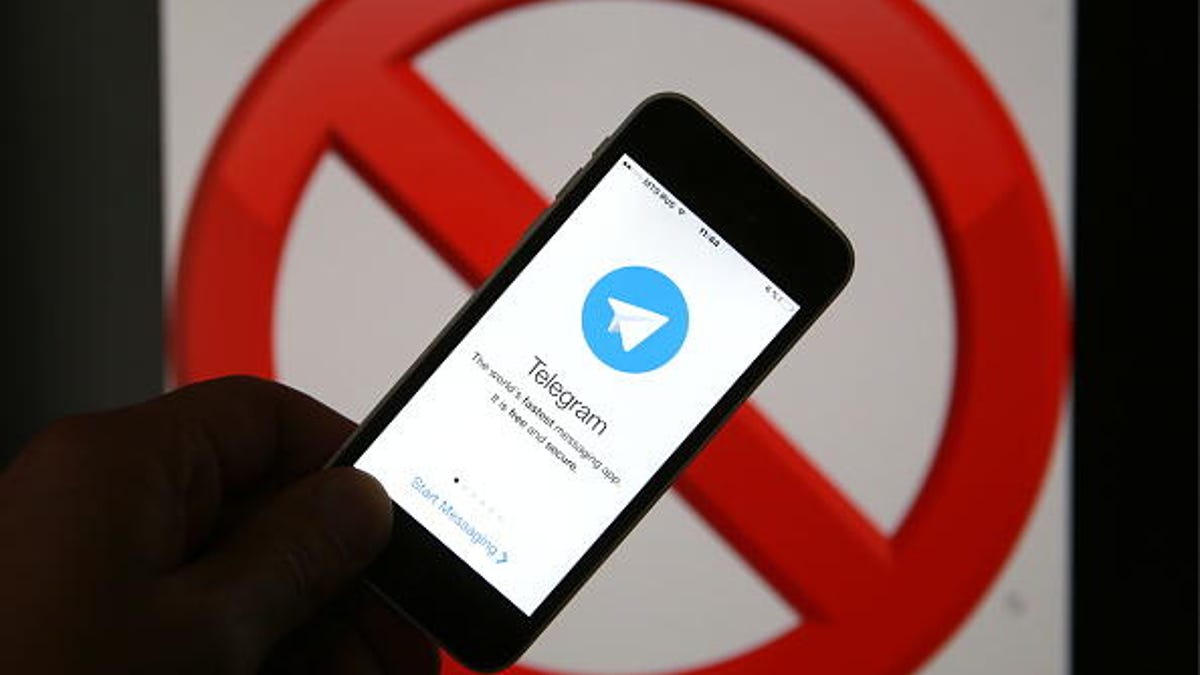Telegram blocks 'terrorist-related' channels after Indonesia ban
Better late than never: The messaging service says it was late in removing the channels because of a "miscommunication."

Telegram may have escaped Russia's threats to ban it, but in Indonesia that wasn't the case.
On Sunday, the founder of the free encrypted messaging app, Pavel Durov, posted on his Telegram channel that the company has removed "all terrorist-related public channels" previously reported by Indonesia's Ministry of Communication and IT.
The move comes after Indonesian authorities banned the messaging service on Saturday, citing security concerns over terrorists using it as a communication platform. The ban on Telegram will not affect other social media platforms, according to the statement.
"The government detects the presence of thousands of communication activities among countries [on Telegram] leading to terrorist activities," President Joko Widodo was quoted as saying in the statement. "There are still thousands [who have] escaped."
Durov, however, said he was "unaware" of requests made by the country earlier for it to remove the channels, calling it a "miscommunication."
"Telegram is heavily-encrypted and privacy-oriented, but we're no friends of terrorists," he said.
It's not the first time Telegram has been criticised for providing a safe platform for terrorists to plot attacks in secret. Last month, Russian security services released a statement saying it had "reliable information" that Telegram was used to plan a suicide bombing attack on Saint Petersburg.
In addition to the removal of the reported channels, Durov said a direct channel of communication with Indonesian authorities has been established to solve the issue, as well as a "dedicated" team fluent in the Indonesian language and culture to process reports of terrorist-related content "more quickly and accurately."
Social media companies in general have faced criticism from governments for their role in the spread of extremist ideas. In response, Facebook , Twitter and YouTube announced a joint initiative, called the Global Internet Forum to Counter Terrorism, to remove terror-related content last month.
Tech Enabled: CNET chronicles tech's role in providing new kinds of accessibility.
Batteries Not Included: The CNET team reminds us why tech is cool.

